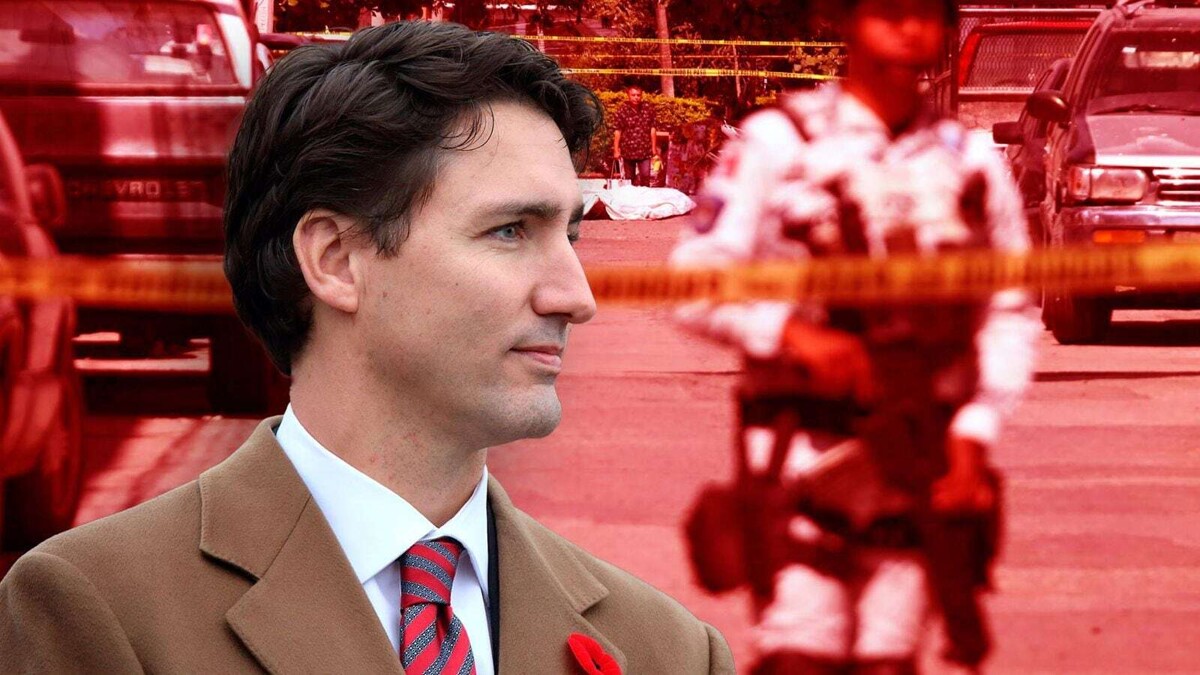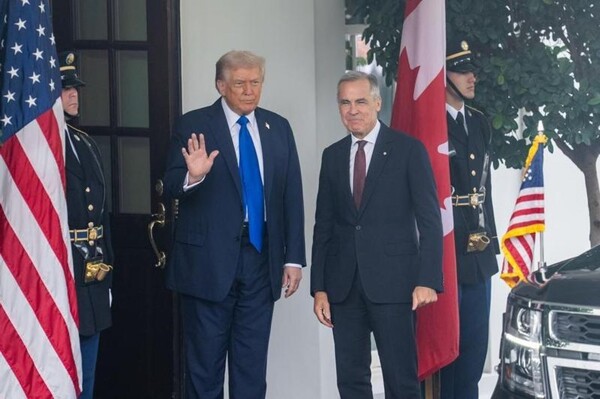
The Prime Minister of Canada, Justin Trudeau, committed to deploying 10,000 military personnel to monitor the border in an agreement reached with the United States. Additionally, the creation of an intelligence unit was agreed upon to combat organized crime and fentanyl trafficking with an economic backing of $200 million. Previously, Canada imposed a 25 percent tariff on U.S. products in retaliation for similar measures taken by the administration of Donald Trump.
Canada and the United States seek to strengthen security and cooperation to combat organized crime and the flow of drugs in the region. However, the confirmation of these measures by Trump remains pending, as does the designation of terrorist organizations both in Canada and the United States, some of which could be the Sinaloa Cartel, the Jalisco New Generation Cartel, the Gulf Cartel, and Los Zetas.
In another agreement, Justin Trudeau announced the implementation of a border plan with a budget of $1.3 billion to reduce migration flow at the border between the two countries. This plan includes the acquisition of helicopters, technologies, and personnel to improve security coordination. Additionally, Canada will designate a fentanyl 'czar' and will consider drug cartels as terrorist organizations.
The designation of cartels as terrorist groups has legal, security, and diplomatic implications. The agreement between Trudeau and Trump temporarily suspends the imposition of the 25 percent tariff, with the aim of reducing fentanyl trafficking and migration flow between the two countries. This measure allows the use of more aggressive tools, such as economic sanctions and possible military interventions to weaken these criminal organizations.
The designation of drug cartels as terrorist groups seeks to undermine their structures by preventing them from obtaining economic resources for their operations, including freezing bank accounts and financial sanctions. In the case of the United States, this designation facilitates military operations in foreign territory with the aim of dismantling the cartels and combating drug trafficking.












